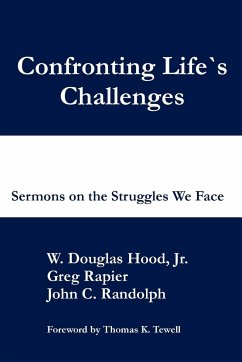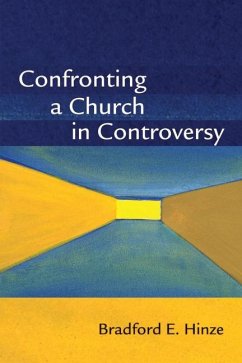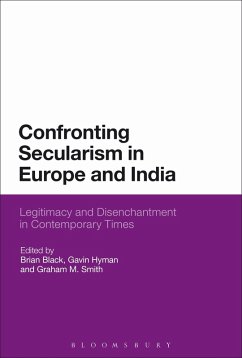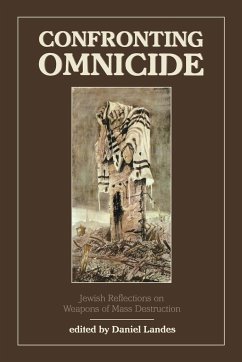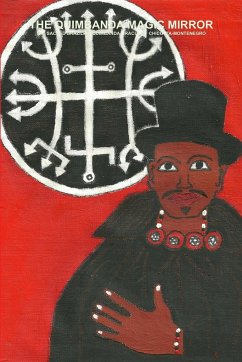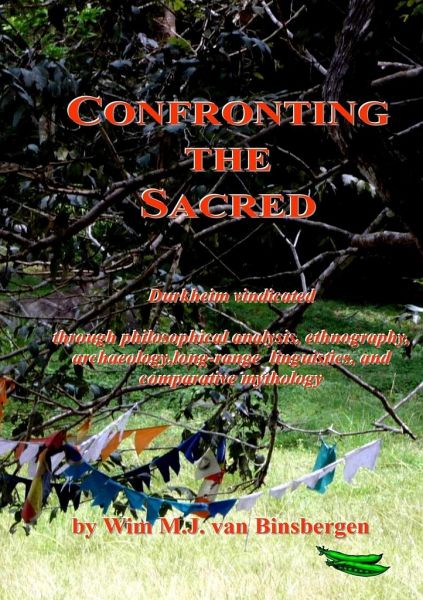
Confronting the Sacred
Durkheim vindicated through philosophical analysis, ethnography, archaeology, long-range linguistics, and comparative mythology
Versandkostenfrei!
Versandfertig in 1-2 Wochen
90,99 €
inkl. MwSt.

PAYBACK Punkte
45 °P sammeln!
With Elementary Forms of Religious Life (1912) the soci0logist Émile Durkheim formulated the most influential social-science theory of religion to date. Pivotal are the paired concepts 'sacred / profane', the notion of 'collective representations', and the hypothesis that through such religious symbols, society compels its members to venerate herself i.e. to submit to the social as an irreducible instance in its own right. Having grappled with this Durkheimian inheritance for half a century, the anthropologist of religion and intercultural philosopher Wim van Binsbergen in this book traces hi...
With Elementary Forms of Religious Life (1912) the soci0logist Émile Durkheim formulated the most influential social-science theory of religion to date. Pivotal are the paired concepts 'sacred / profane', the notion of 'collective representations', and the hypothesis that through such religious symbols, society compels its members to venerate herself i.e. to submit to the social as an irreducible instance in its own right. Having grappled with this Durkheimian inheritance for half a century, the anthropologist of religion and intercultural philosopher Wim van Binsbergen in this book traces his own steps in confronting Durkheim's sacred, through theoretical criticism, through ethnographic application (to popular Islam in the segmentary social organisation of the highlands of Northwestern Tunisia), and by state-of-the-art long-range methods of linguistic and comparative mythological analysis. Thus, much to his surprise, he demonstrates the continued validity of Durkheim's insights in religion.






